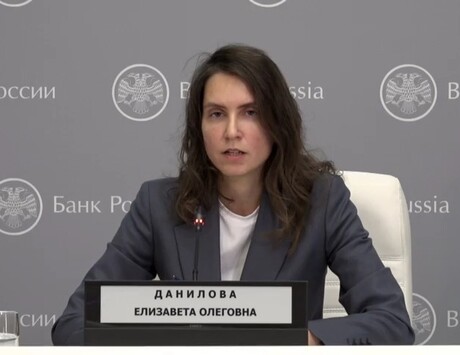Even in Russia, where attacks on journalists are tragically common, the story was macabre. The editor of Novaya Gazeta, an opposition newspaper, published a letter accusing Alexander Bastrykin, head of the investigative committee (equivalent to America’s FBI), of meeting his deputy editor, Sergei Sokolov, in a forest and threatening to kill him and then investigate the murder. Mr Sokolov promptly fled the country.
Mr Bastrykin was angry about an article by Mr Sokolov accusing his committee of mishandling a grisly murder case in southern Russia involving the local mafia. Mr Sokolov wrote of a cover-up when one accomplice, a local United Russia legislator, was given no jail sentence and fined a mere 150,000 roubles ($4,570). Mr Bastrykin’s response—meeting in a car, threats—is a classic old-time “prophylactic”. A veteran of the Soviet interior ministry, he is not one for subtlety or for new ways.
His committee has long been engaged in a power struggle with other bits of the security apparatus, including the prosecutor-general’s office led by Yuri Chaika. Mr Bastrykin is close to President Vladimir Putin (they were fellow law students in St Petersburg). His authority has increased as Mr Chaika’s has fallen. He might have been genuinely enraged, but more likely he saw the article as a plot by his rivals. Certainly they took full advantage when the scandal broke, leaking an earlier conversation in which Mr Bastrykin told Mr Sokolov that “in Tsarist times this would be cause for a duel.”
After disputing Novaya Gazeta’s report, Mr Bastrykin publicly apologised. He was clearly told to make the affair go away. For its part, Novaya Gazeta has no interest in bad relations with his committee—Mr Bastrykin is not a good enemy to have, and his office has been co-operating with the newspaper on the investigation into the 2006 murder of Anna Politkovskaya, herself a journalist there.
Mr Sokolov has since returned to Russia. He says that he is satisfied with Mr Bastrykin’s apology and that his and his newspaper’s demands have been met. As for their talk in the woods, Mr Sokolov suggests that it may have been caused by a “state of extreme agitation” on the part of Mr Bastrykin. Yet if the Russian security services are extremely agitated that is hardly reassuring for Mr Putin and his regime.



